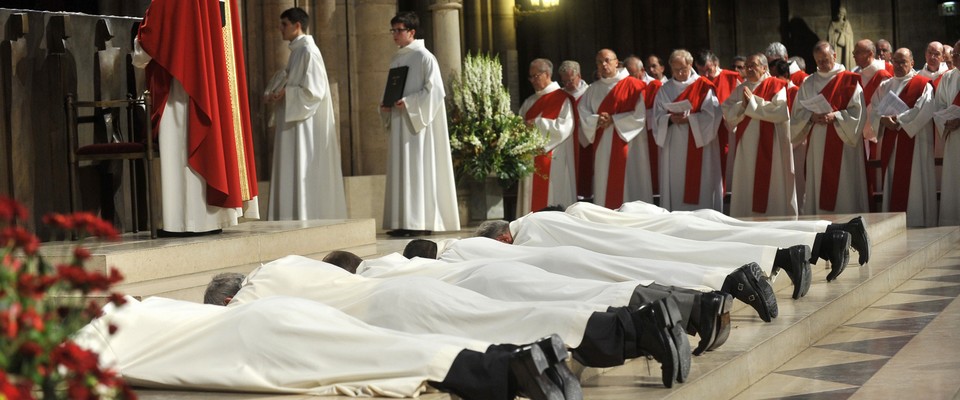Baptism conferred with arbitrarily modified formulas is not valid
Last updated: Fri 7 Aug 2020 AM
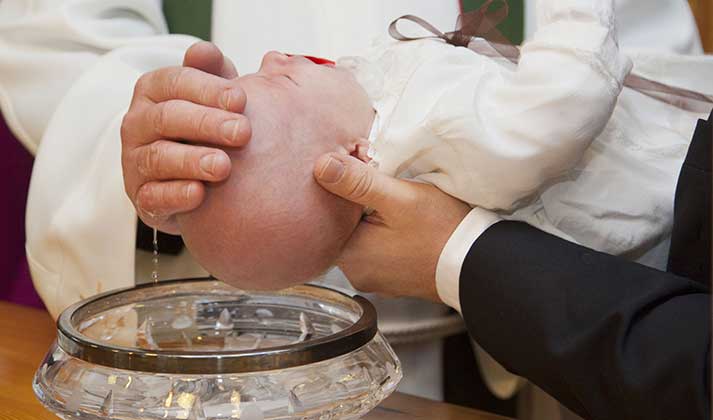
The Congregation for the Doctrine of the Faith affirms this in a "responsum" to two questions about a baptism administered with a personalized formula by the priest. A doctrinal note explains that the validity of baptism depends on strict observance of the canonical text.
The Sacrament of Baptism administered with an arbitrarily modified formula is not valid, and therefore those who have received it in this way must be baptized "in absolute form", that is, by redoing the rite according to the liturgical norms established by the Church. This is what the Congregation for the Doctrine of the Faith affirms in answering two questions concerning the validity of recent baptisms conferred with the formula "In the name of the father and mother, godfather and godmother, grandparents, family members, friends, in the name of the community, we baptize you in the name of the Father and of the Son and of the Holy Spirit".
In an explanatory doctrinal note, the Dicastery notes that apparently "the deliberate modification of the sacramental formula" has been introduced "to emphasize the communitarian value of Baptism, to express the participation of the family and those present, and to avoid the idea of the concentration of sacred power in the priest to the detriment of parents and the community, which the formula of the Roman Ritual would convey".
But this conception is erroneous, because, in fact, recalls the note, quoting the Constitution Sacrosantum Concilium, "when one baptizes, it is Christ himself who baptizes", he is "the protagonist of the event celebrated". Certainly, in the celebration, "parents, godparents and the whole community are called to play an active role, a true and proper liturgical office", but this implies, according to the Conciliar text, that "each one, minister or faithful, exercising his own office, performs only and all that, according to the nature of the rite and the liturgical norms, is within his competence".
A risk of subjective drift
The Congregation for the Doctrine of the Faith considers that in the case of those baptisms on which the questions have been raised, "recourse to pastoral motivation masks, even unconsciously, a subjective drift and a manipulative will". The Second Vatican Council, following the Council of Trent, declared "the absolute unavailability of the sacramental septenary for the action of the Church", establishing that "no one, not even a priest, will add, take away or change anything, on his own initiative, in the liturgy".
Changing on one's own initiative the form of celebration of a Sacrament does not therefore constitute a mere liturgical abuse or transgression of a positive norm, but a "vulnus" (i.e. a wound, a tear) "inflicted both on ecclesial communion and on the recognition of Christ's action, which, in the most serious cases, renders the Sacrament itself invalid, since the nature of ministerial action is to faithfully transmit what has been received".
The responsibility of the minister acting in the name of Christ
In the celebration of the sacraments the assembly does not act "collegially", but "ministerially" and the minister "does not speak as an official who plays a role entrusted to him, but acts ministerially as a sign-presence of Christ, who acts in his Body, giving his grace", the note of the CDF states. It is in this perspective that "the Tridentine rule on the need for the minister to have at least the intention of doing what the Church does" must be understood: an intention that cannot remain "only on the interior level", with the risk of subjectivism, but which is also expressed in an "external act" carried out "not in his own name, but in the person of Christ".
"To change the sacramental formula also means not understanding the very nature of the ecclesial ministry, which is always the service of God and his people, and not the exercise of a power that goes so far as to manipulate what has been entrusted to the Church by an act that belongs to Tradition", warns the note in its concluding part. "In every minister of Baptism must therefore be rooted not only the consciousness of having to act in ecclesial communion, but also the conviction which St. Augustine attributes to the Precursor, who "learned that there would be in Christ such a property that, in spite of the multitude of ministers, whether saints or sinners, who would baptize, the holiness of Baptism could only be attributed to the one from whom the dove descended and of whom it was said: "It is he who baptizes in the Holy Spirit" (Jn 1:33). Augustine therefore comments: "If Peter baptizes, it is Christ who baptizes; if Paul baptizes, it is Christ who baptizes; and even if Judas baptizes, it is Christ who baptizes".
The document is dated June 24, feast of St. John the Baptist, and the Pope approved it on June 8 in an audience with Cardinal Luis Ladaria Ferrer, Prefect of the Congregation for the Doctrine of the Faith.
Source: Vatican News

Pope expresses his closeness to Nicaraguan Catholics
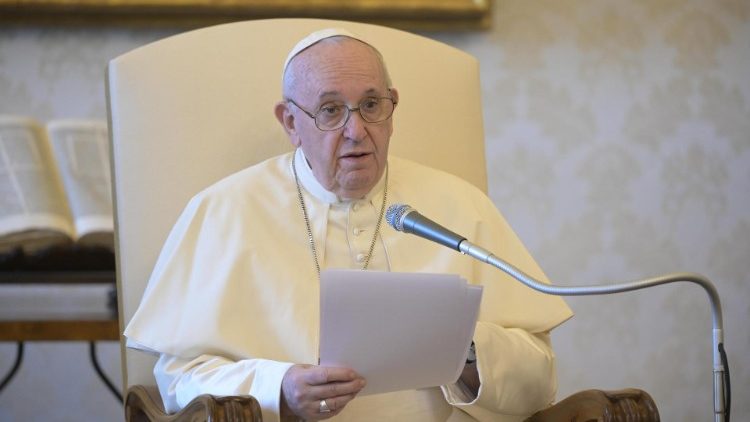
Pope at Audience: Recognize human dignity in every person
Most viewed:

Pray is to make one's heart available for God's visit

Querida Amazonia, the Pope's Exhortation for a Church with an Amazonian Face

Spiritual Exercises: Listening to God is a Prophetic Experience

Pope at Audience: Recognize human dignity in every person
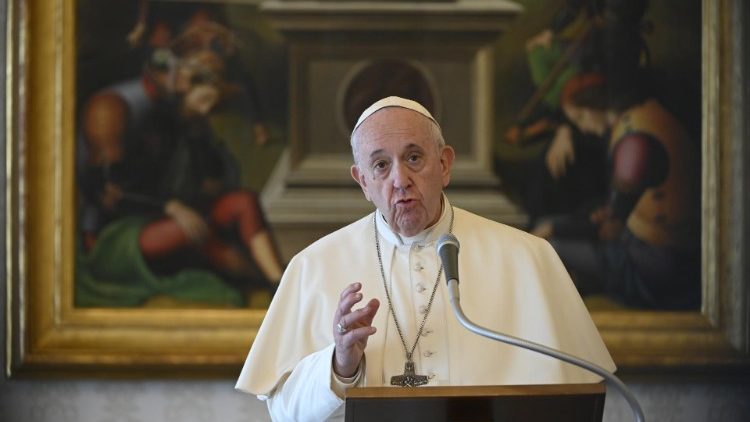
Pope proposes two prayer initiatives against coronavirus
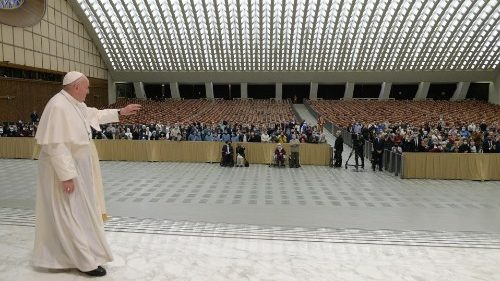
Pope Francis prays for victims of Cameroon school shooting

Baptism conferred with arbitrarily modified formulas is not valid

A year ago, the signing of the document on human brotherhood
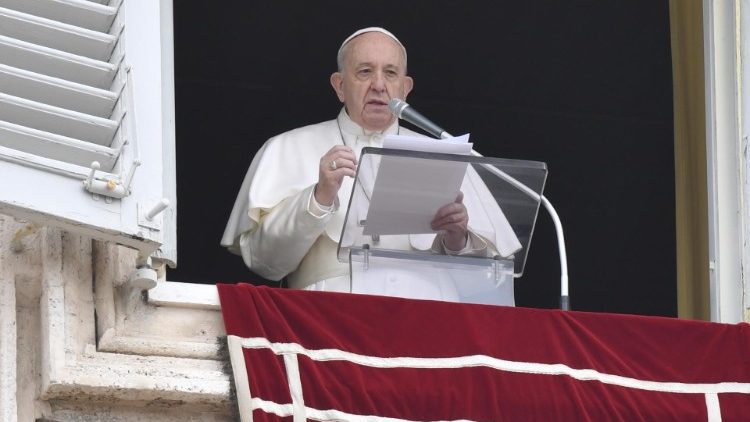
Never dialogue with temptation
